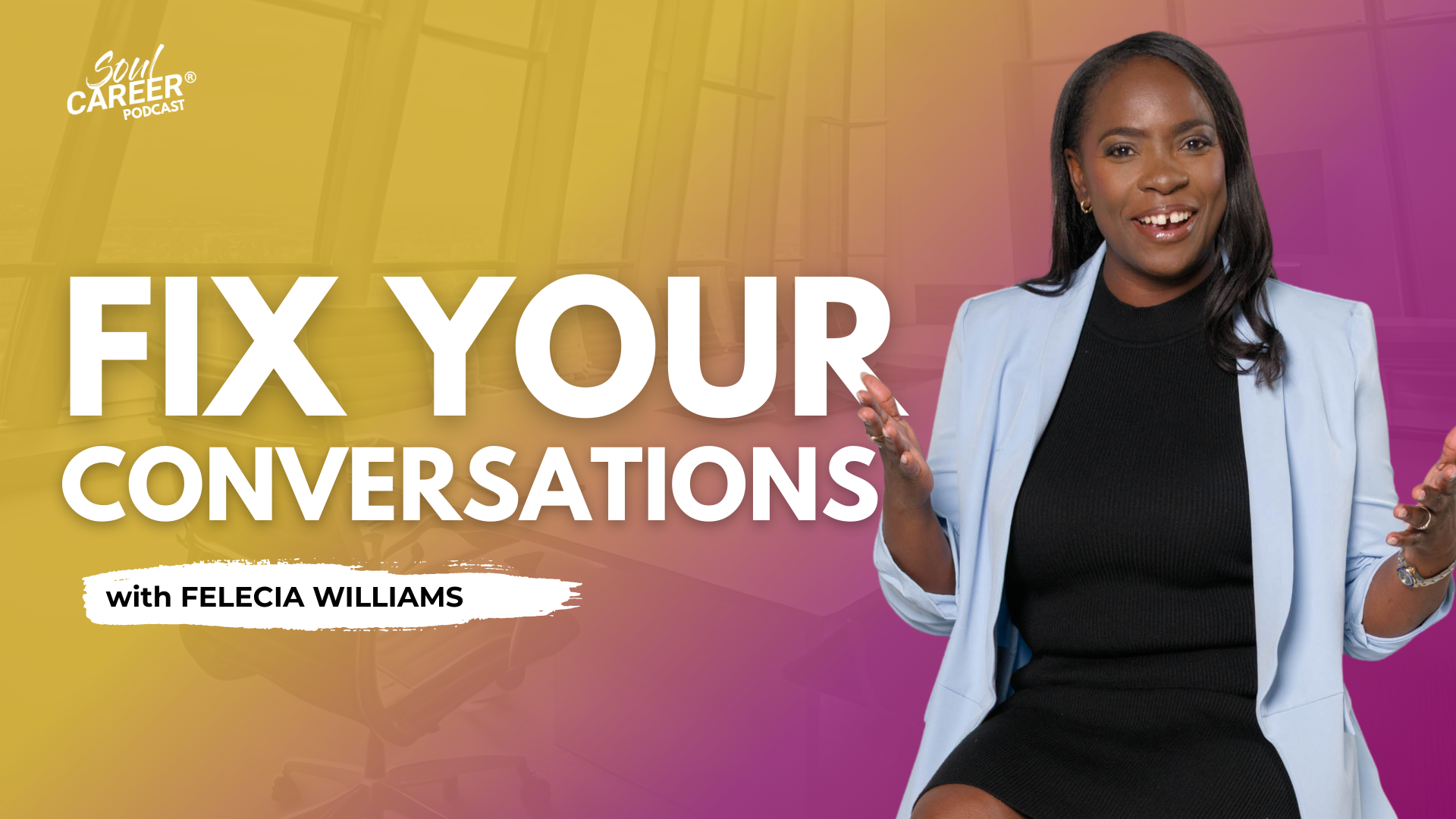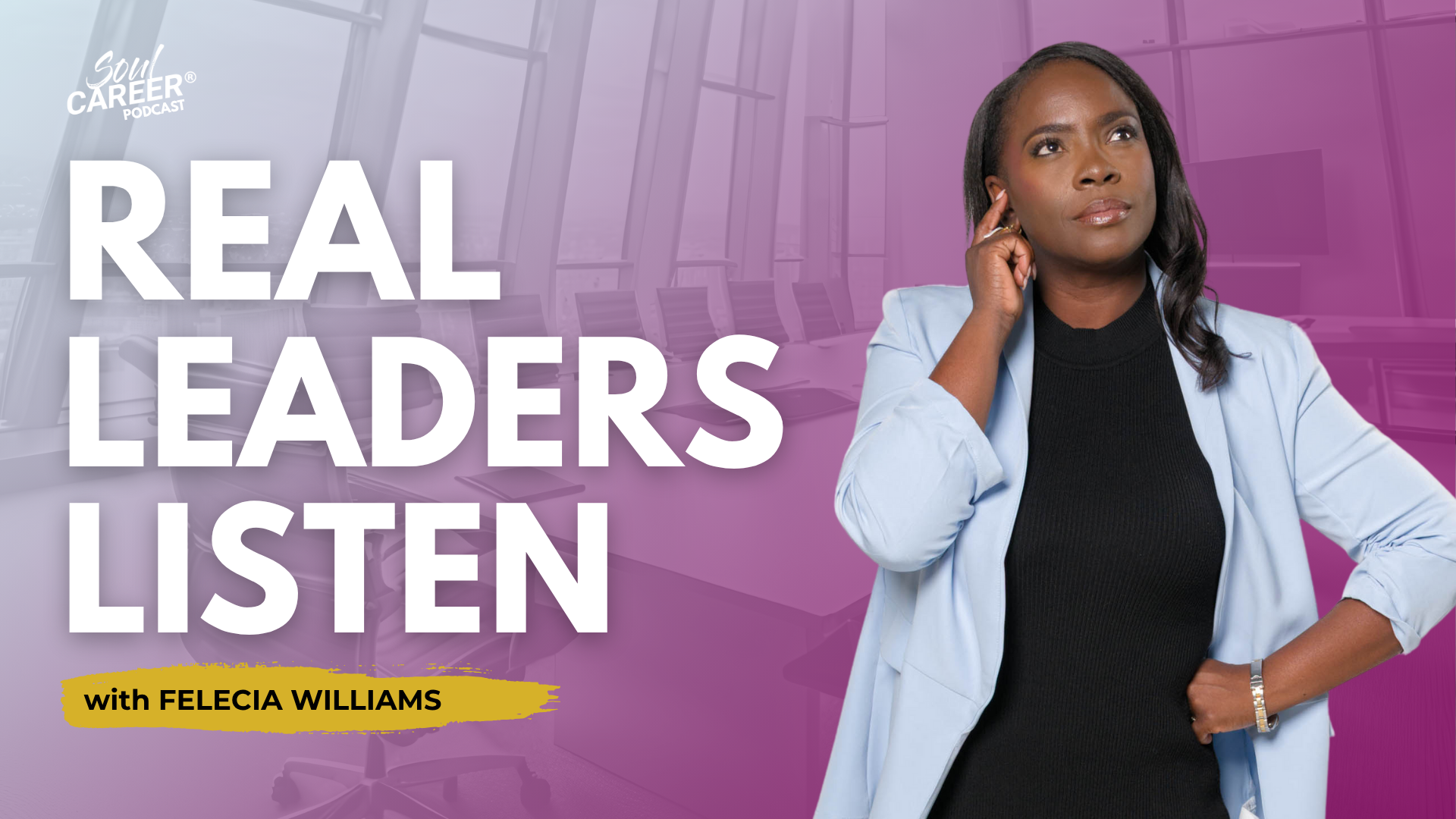What comes to mind when you think of the word credibility?
There are several definitions of credibility, but the most important aspect of credibility is trust. If people think you are credible, they are more likely to trust what you say and respect you.
Whether you are an entrepreneur or executive, your credibility determines your ability to build relationships with your clients, increase loyalty amongst your staff, and position yourself as a valuable member of your organization.
Also, knowing how to spot credible information helps you to sift through data and determine what you should believe and who you should trust.
The Impact of Credibility at Work
Your level of credibility is related to several positive outcomes. For example, when employees view their leaders as credible, they report higher levels of job satisfaction and increased loyalty to their team or organization. Additionally, employees whose peers and leaders view as credible are more likely to get a promotion, and more likely to keep their jobs throughout lay-offs, or furloughs.
How Can We Assess the Credibility of Others?
In this age of information overload, it helps to know how to process information, so we can determine what we should believe and who we should trust.
Here are my three criteria:
1. Results: I focus my attention on individuals who have a proven track record of high performance in whatever area they are offering their advice.
2. Research: I focus on messages that include information that is well-researched and supported by hard facts and data rather than conjecture and personal opinions.
3. Presentation: Finally, how the person delivers their message is paramount. My preference is a calm, soulful and compassionate style. I like to focus on people who seem authentic and care about what they are doing or saying.
Some examples of people and organizations that I follow are: first, my friend and fellow entrepreneur Paul Brunson. His soulful approach helps him to come across as authentic and compassionate. I also follow Michelle Obama. I trust her messages as she always communicates with a lot of compassion and the track record of the Obamas speaks for itself. Finally, consulting firms such as McKinsey frequently publish reports that are researched by some of the brightest minds in the business.
How Can We Build Our Credibility?
I know we are all busy and as such, I try to respect the time and attention of my viewers. My goal is to ensure that I gain your trust. So anything that I share with you should be fact-based while still reflecting my values. Additionally, The economic impact of COVID-19 has resulted in a reduction in job security. A lot of us are looking for ways to boost our credibility and enhance our reputation. Here is the three-step system that I use and recommend.
1. Research: There are two types of research, Primary and Secondary. Primary research involves collecting your data through interviews and surveys. Secondary research is research based on data that has been collected by others. One example of secondary research would involve looking up information in a McKinsey report and citing it in your posts. Whichever you choose, remember that research is key to delivering viable messages.
2. Include your story: Synthesize the research using your own experiences: Avoid regurgitating information that you uncovered during your research. Instead, analyze and draw your conclusions based on your own experiences. Doing this helps you to present your audience with unique information and is a good starting point for debate and discussion.
3. Test, test and test again: Once you have drawn your conclusions and developed your message, pre-test in-front of your peers and colleagues. Another option could be to present your ideas to the general public. Whatever option you choose, avoid closing yourself off from feedback and constructive criticism.
Wait there’s more
The above points deal with the basics of creating great content. But I want to go a little deeper and talk about how we can increase the credibility of your overall brand.
1. Develop your network. Develop partnerships with people who can enhance your credibility with their brand.
2. Offer messages that are in your area of expertise. Start by finding out what you excel at and where people already ask for your input.
3. Be consistent and reliable. Deliver high-quality content consistently and on time.
4. Be guided by your intuition and emotions. Remember your message may be great, but your charisma and emotions will enable you to connect with your audience on a personal level.
5. Finally, focus on quality over quantity. You may want to present your ideas as many times as possible in an attempt to create a strong presence. However, I urge you to focus on the quality of what you present even if this means that you deliver messages half as often. So those are my thoughts, I believe that following these steps will enable you to build a body of work that speaks to who you are and your beliefs. Thereby helping you to build credibility and establish yourself as an expert that people look for when they seek information.
Reach out to me on Instagram (@lisrickards or @soulcareer) or Linkedin to let me know what you think.

.jpg)


